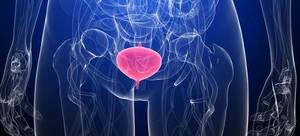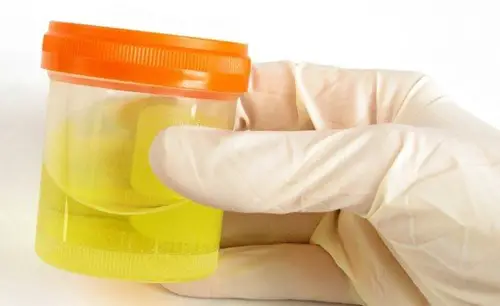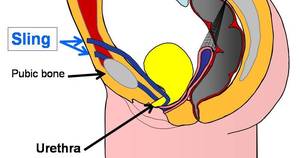Managing bladder irritants can be a source of annoyance. Frequently, we inadvertently consume or utilize substances that can cause irritation to our bladder, resulting in discomfort or urinary issues. In order to keep you well-informed and assist you in making better decisions, below is a compilation of eight typical bladder irritants that you should be mindful of.
8 Common Bladder Irritants You Should Be Aware Of
- Caffeine:
Caffeine, which can be found in beverages like coffee, tea, energy drinks, and some sodas, is a stimulant. It has the potential to cause heightened bladder activity and irritation to the bladder lining, resulting in feelings of urgency, increased frequency of urination, and possibly even instances of leakage. People who are susceptible to bladder problems may find relief by decreasing or eliminating their consumption of caffeine. - Alcohol:
Drinking alcohol can increase the production of urine and potentially irritate the bladder, as it has diuretic effects. Moreover, alcohol has the ability to stimulate the muscles of the bladder, resulting in a sense of urgency and more frequent urination. To reduce irritation to the bladder, it is advisable to stop consuming alcohol and ensure proper hydration. - Spicy Foods:
Even though spicy foods are loved by many, they can cause damage to the bladder. The bladder lining can get irritated and urinary symptoms can worsen due to substances like capsaicin present in peppers. Decreasing the intake of spicy foods or choosing less spicy options can provide relief from bladder irritation. - Artificial Sweeteners:
If you experience bladder issues, it could be beneficial to monitor your intake of food and beverages containing artificial sweeteners such as saccharin, aspartame, and sucralose. Even though these sweeteners have fewer calories, they can still cause irritation to the bladder and exacerbate urinary symptoms for certain individuals. - Citrus Fruits:
Bladder irritation can be caused by citrus fruits such as oranges, lemons, limes, and grapefruits because of their acidic nature. This can result in symptoms like frequent urination and urgency. Despite being packed with vitamins, it is advisable to consume these fruits in moderation and experiment with varying amounts to determine your personal tolerance. - Carbonated Beverages:
The carbonation in sodas and sparkling water can cause pressure on the bladder, leading to irritation for some individuals. The added artificial sweeteners or caffeine in some carbonated drinks can compound this effect. Opting for non-carbonated alternatives or lowering the intake of carbonated beverages might provide relief. - Tomato-Based Products:
Tomatoes, as well as tomato sauce, paste, and ketchup, have acidity that can cause irritation to the bladder and potentially worsen urinary symptoms. Controlling the amount of tomato-based products consumed in your diet can aid in reducing bladder irritation. - Artificial Fragrances:
Some personal care items such as scented soaps, bubble baths, and perfumes include synthetic scents that could potentially cause irritation to the bladder upon contact. Choosing unscented or hypoallergenic alternatives can be advantageous, particularly for individuals with sensitive bladders.
Conclusion
Recognizing the factors that cause bladder irritation is crucial in effectively dealing with urinary discomfort. By recognizing and modifying your eating habits and daily routine to avoid these recognized triggers, you have the ability to reduce the likelihood of bladder irritation, thus improving your overall well-being.









